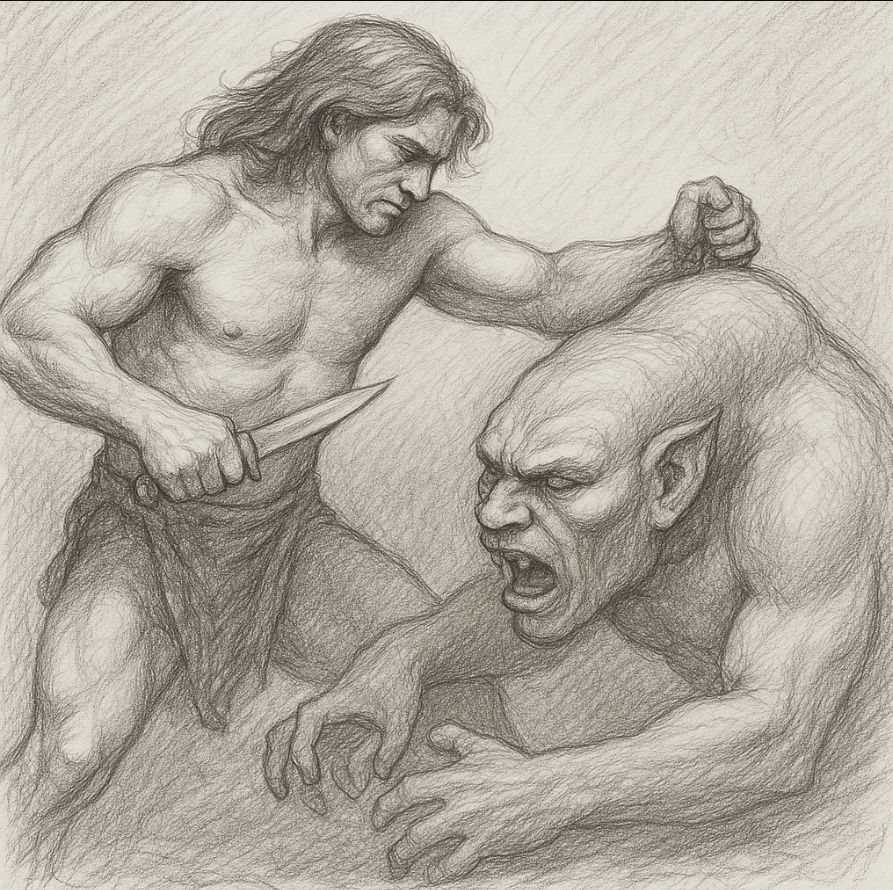Most men are taught from childhood to “keep going no matter what.”
That old habit — which builds character in youth — can destroy vitality in later years.
When Tired Becomes Burnout
Physical exhaustion in older men isn’t just about being sleepy or needing a nap.
It’s a deeper kind of fatigue — the kind that lingers after rest, slows recovery, and makes even small chores feel heavy.
It comes from years of pushing without proper renewal.
We spend our lives solving problems, lifting, building, worrying, providing, and leading. That steady drive — while admirable — often blinds us to the signs of wear. By the time the body sends a strong signal, it’s usually been whispering for years.
Why Exhaustion Takes Hold
1. Overuse without renewal
Hard work keeps muscles strong, but only if the body gets time and nutrients to rebuild. Too many older men stay in “output mode” all day, even in retirement — worrying, rushing, or sitting tense.
2. Weak circulation
When lymph and blood move slowly, waste lingers. Muscles and nerves get clogged, leading to stiffness, foggy thinking, and restless nights.
3. Loss of minerals
The body runs on tiny sparks — magnesium, potassium, calcium, and trace minerals. Sweat, caffeine, and stress drain these faster than many realize.
4. Shallow breathing and posture
When the chest is tight and the neck stiff, oxygen delivery drops. That alone can drain energy faster than heavy labor.
5. Mental strain
Thoughts can tire the body just as much as work. Old worries, regrets, or the pressure to “stay strong” keep the nervous system wound tight.
The Dangerous Habit: Pushing Through
Many men believe stopping to rest is weakness.
So they push harder — against exhaustion itself.
That’s when the body begins to rebel: muscles stay tight, sleep becomes shallow, nerves start misfiring, and the immune system falters. It’s no coincidence that many cases of shingles, tremors, or mysterious aches appear right after long periods of unrelieved fatigue.
The Turning Point: Restoring Balance
Healing doesn’t begin with more effort — it begins with better rhythm.
Here’s what works:
1. Move rhythmically, not forcefully.
Gentle dynamic exercises, light stretching, and slow deep breathing help the lymph and muscles recover. Motion is medicine when it’s calm and steady.
2. Feed recovery.
Use foods that rebuild — blackstrap molasses for minerals, coconut water for electrolytes, leafy greens for magnesium. Avoid stimulants that fake energy but drain reserves.
3. Breathe and sleep deeply.
Oxygen is the body’s best cleanser. Open the windows, loosen the shoulders, and breathe all the way down to the belly before bed.
4. Respect rest.
Rest is not surrender; it’s maintenance. An old engine still runs beautifully when the oil is clean and the gears are balanced.
A Final Thought
“The strongest men are not those who never tire —
but those who know when to rest, rebuild, and rise again.”
